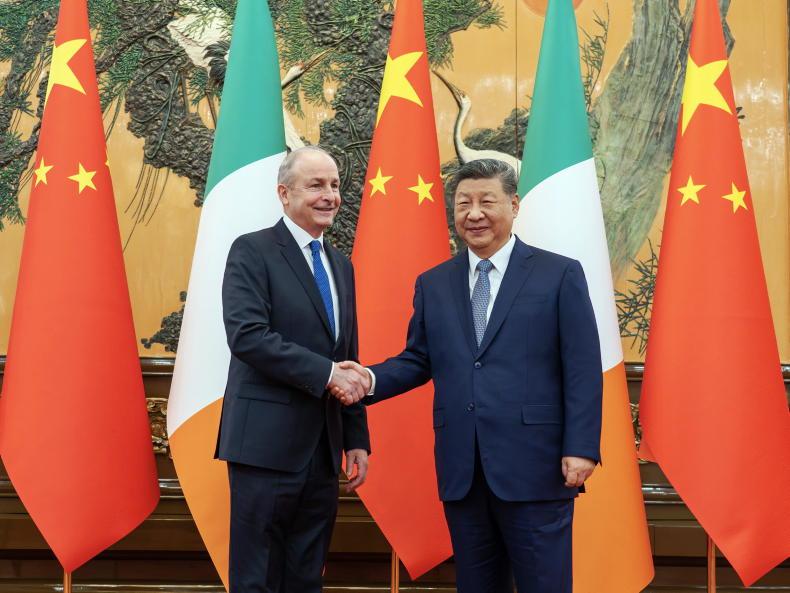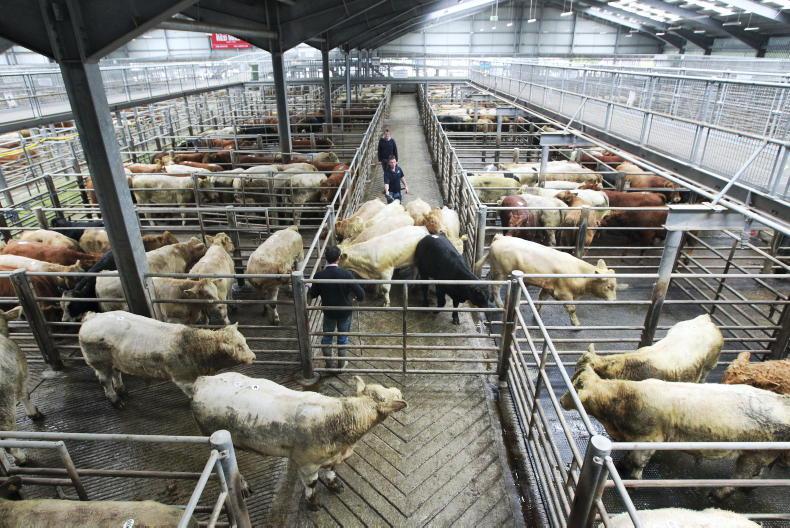It is now almost three weeks since Brazil suspended beef exports to China following the discovery of two cases of atypical BSE.
This is part of the protocol for exporting beef to China, the same protocol that Ireland operated under when it suspended exports to China following the discovery of an atypical BSE case in May 2020.
Ireland has been excluded from the Chinese market since then, but Brazil had been hoping that it would secure a quick resumption of trade similar to the previous occasion when there was an atypical BSE case.
In that first instance, exports resumed two weeks after they were suspended.
There was a general expectation that the same would happen this time again and Irish farmers and exporters were hoping that we too might be approved to resume beef exports.
Market impact
So far, there has been a negligible impact on global beef price.
Argentina’s beef export capacity has been considerably reduced because of a political decision to control exports, while Australian volumes remain low due to herd rebuilding.
However, stocks are building up in Brazil and if these cannot be released to the Chinese market, they will hit the rest of the world, including Europe.
This is where there will be serious consequences, not just for Brazilian prices, but also for Irish farmers if huge volumes are directed towards Europe where there has been no action taken to exclude Brazilian beef due to the BSE cases.
China will need beef
There are also consequences for China from Brazil being out of its supply base.
Brazil currently supplies just under half of China’s total import requirement and this cannot quickly be sourced elsewhere.
There is finite capacity in Uruguay, Argentina is operating with those export restrictions and Australia has had a number of factories that supply China suspended.
The US - and to a lesser extent Canada - is able to increase volumes, but only by a relatively small amount, as is the case with New Zealand, which is also exporting close to full capacity.
Mutual dependency
The mutual dependency between Brazil and China as a market and supplier suggests that it would be practical to find a way of enabling exports to resume sooner rather than later.
However, until it happens there are no guarantees and beef stocks continue to grow in Brazil and will have to be sold somewhere.
Irish farmers will be hoping that it is in China this beef will find a home and not Europe, where a finely balanced market between supply and demand has been in place for several weeks.








SHARING OPTIONS